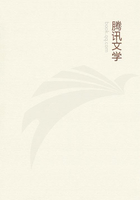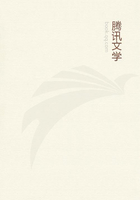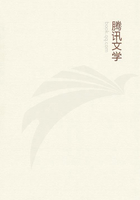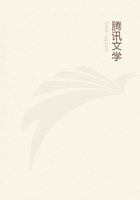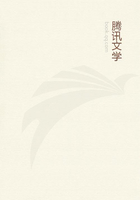Thus, then, without quitting the moral knowledge of common human reason, we have arrived at its principle. And although, no doubt, common men do not conceive it in such an abstract and universal form, yet they always have it really before their eyes and use it as the standard of their decision. Here it would be easy to show how, with this compass in hand, men are well able to distinguish, in every case that occurs, what is good, what bad, conformably to duty or inconsistent with it, if, without in the least teaching them anything new, we only, like Socrates, direct their attention to the principle they themselves employ; and that, therefore, we do not need science and philosophy to know what we should do to be honest and good, yea, even wise and virtuous. Indeed we might well have conjectured beforehand that the knowledge of what every man is bound to do, and therefore also to know, would be within the reach of every man, even the commonest. Here we cannot forbear admiration when we see how great an advantage the practical judgement has over the theoretical in the common understanding of men. In the latter, if common reason ventures to depart from the laws of experience and from the perceptions of the senses, it falls into mere inconceivabilities and self-contradictions, at least into a chaos of uncertainty, obscurity, and instability. But in the practical sphere it is just when the common understanding excludes all sensible springs from practical laws that its power of judgement begins to show itself to advantage. It then becomes even subtle, whether it be that it chicanes with its own conscience or with other claims respecting what is to be called right, or whether it desires for its own instruction to determine honestly the worth of actions; and, in the latter case, it may even have as good a hope of hitting the mark as any philosopher whatever can promise himself. Nay, it is almost more sure of doing so, because the philosopher cannot have any other principle, while he may easily perplex his judgement by a multitude of considerations foreign to the matter, and so turn aside from the right way. Would it not therefore be wiser in moral concerns to acquiesce in the judgement of common reason, or at most only to call in philosophy for the purpose of rendering the system of morals more complete and intelligible, and its rules more convenient for use (especially for disputation), but not so as to draw off the common understanding from its happy simplicity, or to bring it by means of philosophy into a new path of inquiry and instruction?
Innocence is indeed a glorious thing; only, on the other hand, it is very sad that it cannot well maintain itself and is easily seduced. On this account even wisdom- which otherwise consists more in conduct than in knowledge- yet has need of science, not in order to learn from it, but to secure for its precepts admission and permanence. Against all the commands of duty which reason represents to man as so deserving of respect, he feels in himself a powerful counterpoise in his wants and inclinations, the entire satisfaction of which he sums up under the name of happiness. Now reason issues its commands unyieldingly, without promising anything to the inclinations, and, as it were, with disregard and contempt for these claims, which are so impetuous, and at the same time so plausible, and which will not allow themselves to be suppressed by any command. Hence there arises a natural dialectic, i.e., a disposition, to argue against these strict laws of duty and to question their validity, or at least their purity and strictness; and, if possible, to make them more accordant with our wishes and inclinations, that is to say, to corrupt them at their very source, and entirely to destroy their worth- a thing which even common practical reason cannot ultimately call good.
Thus is the common reason of man compelled to go out of its sphere, and to take a step into the field of a practical philosophy, not to satisfy any speculative want (which never occurs to it as long as it is content to be mere sound reason), but even on practical grounds, in order to attain in it information and clear instruction respecting the source of its principle, and the correct determination of it in opposition to the maxims which are based on wants and inclinations, so that it may escape from the perplexity of opposite claims and not run the risk of losing all genuine moral principles through the equivocation into which it easily falls.
Thus, when practical reason cultivates itself, there insensibly arises in it a dialetic which forces it to seek aid in philosophy, just as happens to it in its theoretic use; and in this case, therefore, as well as in the other, it will find rest nowhere but in a thorough critical examination of our reason.

